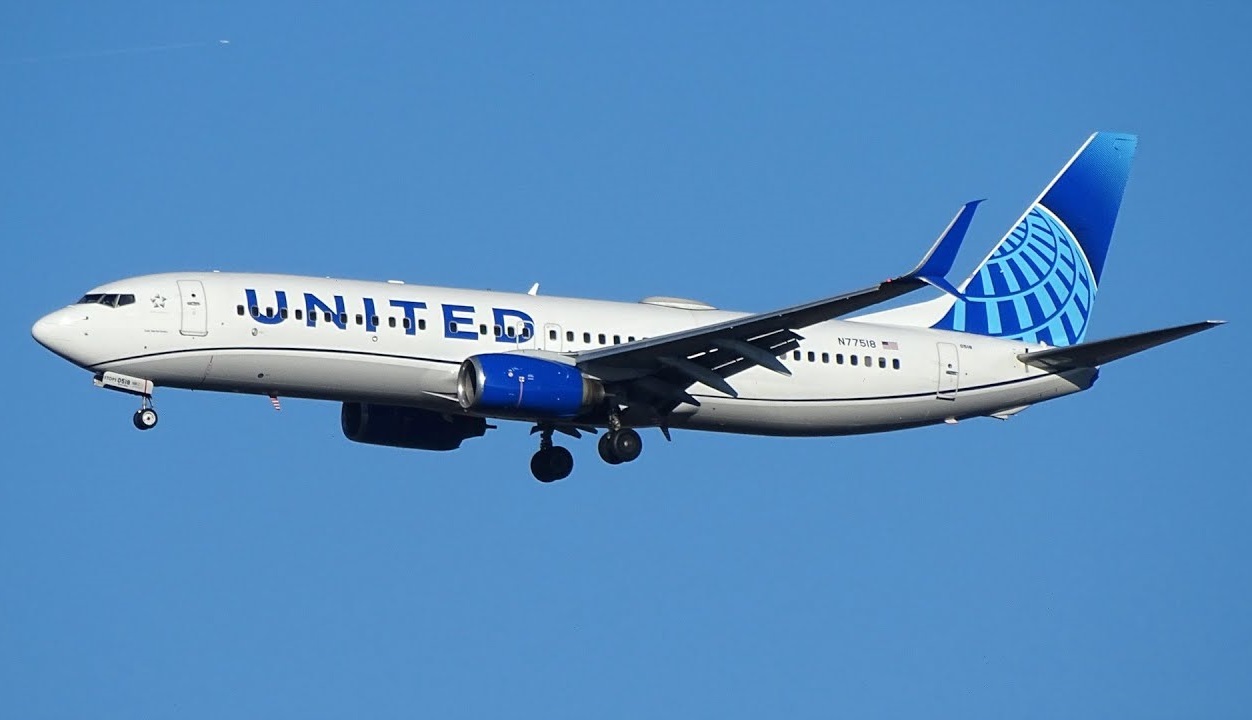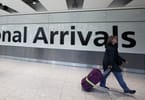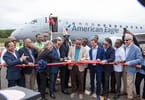ಪೀಟರ್ ಸೆರ್ಡಾ:
And certainly, these are just examples of how close we are to our societies, to our governments and [inaudible 00:09:53] throughout the entire region of… We don’t get this in the press, the industry doesn’t get this type of visibility, that you on a daily basis, your airline is transporting medical equipment, is transporting service people to help. And you’re now carrying that vaccine. As an industry, do we need to do more self promotion?
ರಾಬರ್ಟೊ ಅಲ್ವೋ:
I mean, of course it helps. But you can take this two ways. I think that the importance of the airline industry in the region is underscored, definitely by societies in general. I think that we can do more. I don’t think that we should use the helping the pandemic as the best way of doing that. I think that our role, being a member of these societies, is to help. We can be low-key in that respect. I personally feel very proud, and my organization definitely feels very proud of helping. And I don’t think that we need any kind of praise for doing that. We have huge challenges going forward, and I think that we have an incredible potential of growth in the region. But for the time being, and as a pandemic goes, I’m happy to make sure that we can do the best that we can just to help here. And if we do that anonymously, I’m fine with that.
ಪೀಟರ್ ಸೆರ್ಡಾ:
Let’s shift gears to post-crisis or moving with the restart. What do you see, based on the experience that we’ve had this past year, do you see permanent changes in the way that travelers will book their experience and what they expect of the travel experience moving forward?
ರಾಬರ್ಟೊ ಅಲ್ವೋ:
That’s a good question. And it’s still, I guess, a little bit difficult to foretell exactly what will happen. I think that definitely self-management of the flight experience will increase. I think that people will be more interested in making sure that they have total control of their time and their flight experience until they board the plane. And I believe by the way that if airlines provide that kind of service will have happier customers.
So yes, I think that [inaudible 00:11:57] acceleration and transformation is going to be key and important. I think that some of the safety measures that have been taken during this time will remain, at least will remain for a while. I think that also allows us to think about caring for our passenger in different ways of just having a good flight experience. And we should take advantage of that. But other than that, I’m not sure that it will fundamentally change. Maybe we will see a significant change in the industry structure going forward. But what I see, what I hear is, I mean, people just wanting to get on a plane as soon as they can, as fast as they can. And I think that we’re all waiting for that moment to happen.
ಪೀಟರ್ ಸೆರ್ಡಾ:
Do you think we’ll have less airlines in the region? Do you think this is an opportunity for further consolidation, and some airlines just will not be able to overcome the tremendous financial challenges that they’ve experienced over the last year, and what’s still to come in this first part of the year?
ರಾಬರ್ಟೊ ಅಲ್ವೋ:
You just do the simple math. And I think it easy to understand that there’s going to be a significant industrial change in the following years. The industry has debt for 70 or 60% of their revenues prior to the crisis. Today not only the industry as a whole had to get $200 billion plus of debt. But the recovery is going to be slow, and we will have probably 200% of debt to revenues, for the airlines that have not brought themselves into a restructuring process like us. And that, I don’t think is sustainable. How this is going to shave down, I don’t know. But I believe that we will see for a while a significant set-up in how the industry is composed today. Just the math doesn’t add up if you don’t think about that, at least in the next couple of years.
ಪೀಟರ್ ಸೆರ್ಡಾ:
So, we talked a little bit about government, we talked about consolidation. Let me just give you a couple of numbers of our region. The last time the region was actually in the black, Latin American carriers, was back in 2017. Where the industry collectively of Latin American carriers made about $500 million. Since then, every other year, we’ve lost money in this part of the world. Obviously, this last year, 5 billion. This year, we hope to bring it down to about $3.3 billion in losses. This is a challenging environment. You have good airlines in this region, good connectivity. Pre-COVID, you and [inaudible 00:14:38] were growing. We were better connected in Latin American than ever before. But we’re still losing money. What needs to change fundamentally for our region to become more competitive, like in other regions around the world? And what do governments need to do differently or to assist in that way?
ರಾಬರ್ಟೊ ಅಲ್ವೋ:
I mean, this region has huge growth potential. Flights per passenger here are a fourth or a fifth of what you see in developed economies. With bigger geographies, more difficult to connect because of the size, because of the distance, because of just the conditions. So, I don’t have a doubt that the airline industry in Southern America will try as we go forward. Having said that though definitely will have difficult times.
But I’d like to focus more on LATAM, if you ask me, rather the industry, because I don’t want to talk for other people. At the end of the day, this has been a very interesting moment for LATAM. Probably the most important learning we’ve gotten from this crisis is that we have been able to put our thoughts, our beliefs, our paradigms in front of us and examine them. And see what stands and what needs to be changed.
And it’s incredible to see how the organization have understood that there’s a very different way about going with this business. Or about how we simplify ourselves with change, the flight experience for our customers. We become more efficient. We become more caring for the societies and the environment as a whole. And it is a little bit ironic, but this crisis for sure will allow us to be much stronger as LATAM than prior to the crisis. I am very optimistic particularly about our company. And as we navigate through the chapter 11 process, which is a difficult circumstance to be. The chapter itself with the changes we’re making are making me feel very optimistic about LATAMS future in the next few years.
ಪೀಟರ್ ಸೆರ್ಡಾ:
And talking about the future and chapter 11, why the decision? What really pushed you to that point that you both believed at the time, that was the best course of action in order to, I imagine, position yourself as an airline towards the future, once we come out of the crisis?
ರಾಬರ್ಟೊ ಅಲ್ವೋ:
I think that when we realized it was very evident for us that we wouldn’t get government help. Or that that government help will come with the condition of us restructuring ourselves. It became quite clear that we could take longer or shorter period of time, but we would need to put ourselves in the position of restructuring the company, as many have. And the ones that haven’t, most of them is because they have been assisted by the government. It has been probably the toughest decision that the board or the company has been able to take. As you know, the Cueto family have been important shareholders of this company for 25 years and they were faced with the decision of losing everything. And I’m impressed about the trust they have of these organizations. And then on the deep, they decided to reinvest in the company and become lenders of LATAM.
As I see it now, definitely for the company, this is going to be a great opportunity. The restructuring on the chapter will allow us to be leaner, much more efficient, and we will have a stronger balance sheet than the one we had when we entered the process. So, I feel very, very good about where we stand and what we need to do. It is unfortunate that we had to take this decision. But I’m sure that for the company, this is going to be extremely, extremely good in time.
ಓದುವುದನ್ನು ಮುಂದುವರಿಸಲು ಮುಂದಿನ ಪುಟದ ಮೇಲೆ ಕ್ಲಿಕ್ ಮಾಡಿ
ಈ ಲೇಖನದಿಂದ ಏನು ತೆಗೆದುಕೊಳ್ಳಬೇಕು:
- Do you think this is an opportunity for further consolidation, and some airlines just will not be able to overcome the tremendous financial challenges that they’ve experienced over the last year, and what’s still to come in this first part of the year.
- But the recovery is going to be slow, and we will have probably 200% of debt to revenues, for the airlines that have not brought themselves into a restructuring process like us.
- But for the time being, and as a pandemic goes, I’m happy to make sure that we can do the best that we can just to help here.






















